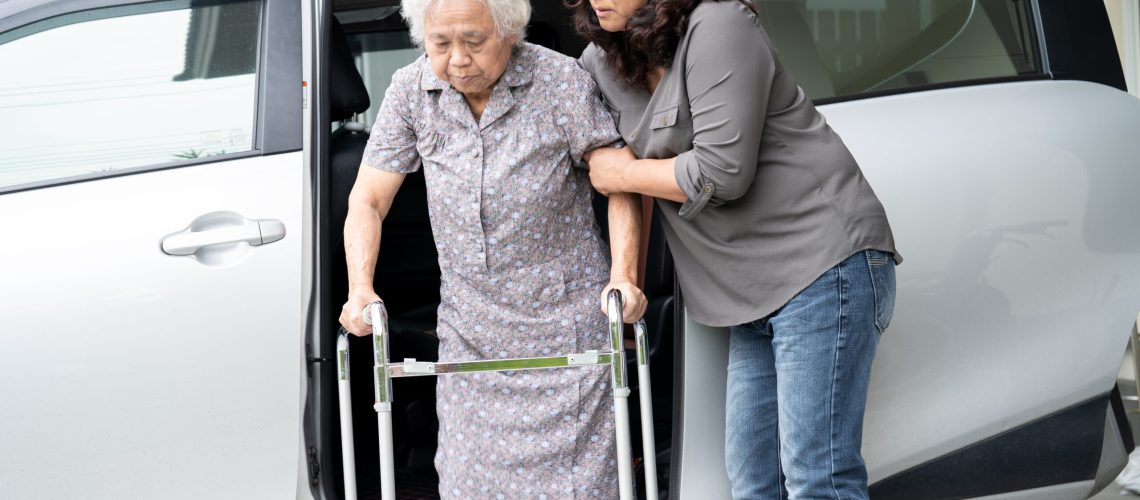As your parents age, being an only child is an especially difficult position to be in. You must simultaneously accept responsibility for your parent/s and manage your own life. A role reversal takes place. As your parents enter this stage of need, you must now care for them, as they did for you. We all want to find the best possible care for our aging parents, so sometimes it’s hard to trust others with their care. Many times we try to do everything ourselves and become undeniably overwhelmed. You are expected to work a full-time job, take care of your own children, check on your parents, and do the everyday tasks it takes to run two households. We are here to let you know that you’re not alone and share some advice on caring for your aging parent/s.
Have a Plan
One of the most important things you can do for your parents is to have a backup plan. You never know when you will have an emergency, get caught up at the office, or your children may become ill. It’s essential to have a system in place in case you are temporarily not available to care for your parents. Most people ask a family friend to help out or hire an hourly caregiver to stop by and make sure they are taken care of. Depending on the level of care needed, a family friend is a particularly good choice. Your parents probably already know them and feel comfortable around them. One of the advantages to a professional caregiver is they have more extensive training and you don’t have to shoulder any guilt of asking a friend. Part of your plan should also be taking the time to have an open and honest conversation with your parents and see what they want. If they are able to make decisions, always consult them first. This will make the transition to assisted care easier for everyone and you may learn something new about them!
Economical Resources
Gathering local, affordable resources can also be very valuable. There are many non-profit and government programs that aid in caring for adults. Check-in your local area for meal delivery services, local senior activity groups, or in-home aging services programs. These projects can alleviate some of your responsibilities, while still being very affordable or free. You may also find some of the age-related classes offered at the centers helpful for yourself. Learning things like: managing dementia, senior depression, techniques for bathing and dressing, changing a colostomy bag, etc could become useful. Your parent will appreciate having a cleaner home, staying engaged with their community, and being more independent.
Ask for Help
If things get tough, don’t be afraid to ask for help. Being a caregiver is an exhausting job and sometimes you just need extra help. Hiring a professional will give you peace of mind that your parents are in attentive hands. Some private caregivers are full-time and others only part-time. It’s easy to find someone that fits your needs. Some other types of professionals that offer additional assistance with the elderly are:
- Lifecare manager
- Daily money manager
- Handyman
- Yard Services
- Snow removal
Encourage Independence
Another great way to save you time is by encouraging your parents to be independent. There are many different ways you can do that. For example, having their prescriptions and staple goods automated and delivered can be very helpful. This prevents you from having to run as many errands. It also ensures they will have the basic necessities without any hassle. Another thing you can do is install different additions around their home. This makes things easier for them to get through their day. They could include bathroom rails, ramps, or an electric lift on the stairs. Even simple things like non-slip flooring, repairing cracked walkways, or putting a bench in the shower can make a big difference in your parent’s ability to care for themselves.
Self-Care
Being an only child and having to care for aging parents can be a very stressful, long-term process. It can put a strain on your marriage or make you feel isolated. Don’t be afraid to reach out to find support and resources for yourself, too. There are many online support groups with lots of other people going through the same thing you are. Connecting with other caregivers may help you to feel more understood during this challenging time.


